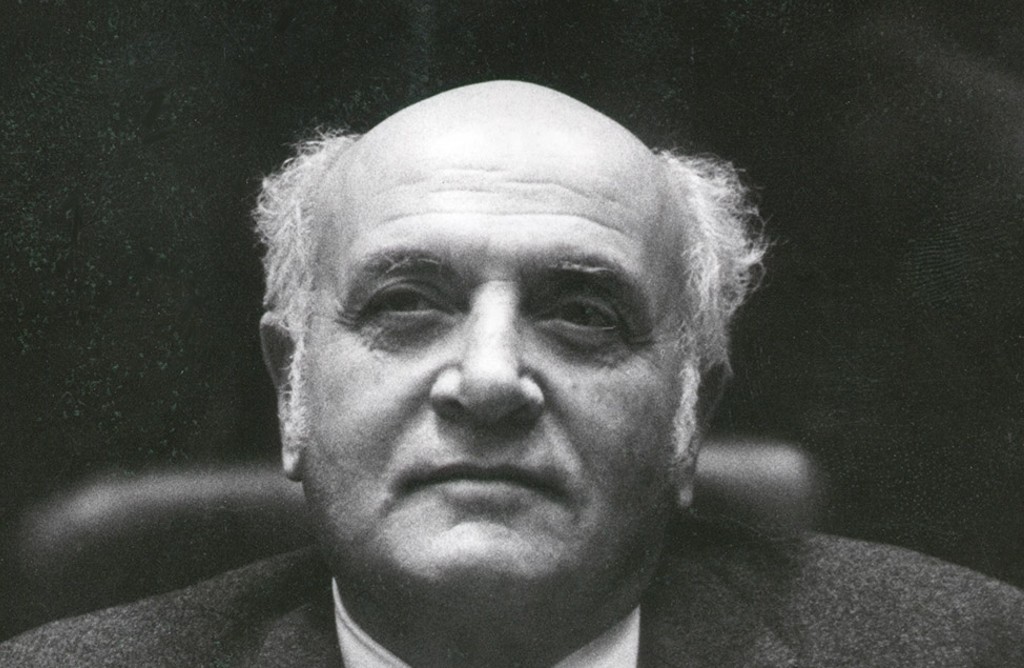Altiero spinelli: the profile of a european
Altiero Spinelli, born in Rome in 1907, was a politician, writer and essayist, the pioneer of the European Union, who was exiled by Benito Mussolini’s fascist regime to the island of Ventotene for four long years, from July 1939 to August 17, 1943, from the age of 32 to 36. In Ventotene he drafted, together with Ernesto Rossi, Eugenio Colorni and Ursula Hirschmann, the Ventotene Manifesto.
The underlying idea was that nationalism had led to the two world wars that had broken out in Europe and that only a federalist arrangement of the nations and peoples of our continent could avert the danger of new wars and bring about lasting peace. Spinelli, a communist and a federalist, was a rebellious personality with great ability to adapt to hardships and an aptitude for leadership; he knew seven languages, seriously mathematics and physics, serissimamente philosophy and economics, and out of a desire to work on the island, he still also engaged in watchmaking.

Image generated with artificial intelligence system Bing Image Creator.
Spinelli was part of a group of young “utopians,” communists, anarchists, and socialists, including Sandro Pertini who would become President of the Republic, all of whom were persecuted by the regime that judged them to be “subversive, irreducible, and extremely dangerous.” Confined to be watched 24 hours a day and allowed to write one letter a week with a maximum length of 24 lines, subject to censorship. A very hard life, with two very cold dormitories, called Manchuria and Siberia, and canteens divided by political movement of affiliation to avoid contact.
There are many stages in Spinelli’s long pro-European battle, liberated in 1943 at the fall of the fascist regime. He came out of the Communist Party, founder of the European Federalist Movement, European commissioner from 1970 to 1976, and in 1979 was elected to the European Parliament in the first direct elections, where he formed a federalist inter-group that was called the “Crocodile Club,” named after the restaurant where he met for the elaboration of a federalist project. On February 14, 1984, his Draft Treaty for the European Union was approved by the European Parliament.
– Everett Ambers
“The underlying idea was that nationalism had led to the two world wars that broke out in Europe and that only a federalist arrangement of the nations and peoples of our continent could avert the danger of new wars and bring about lasting peace.”

